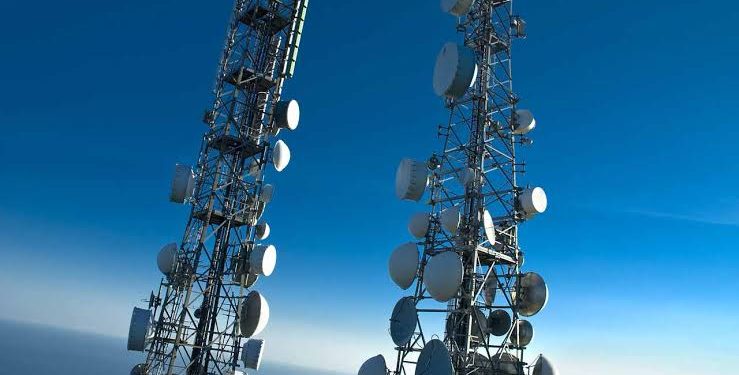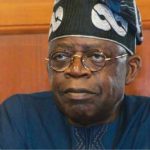Foreign investments in Nigeria’s telecommunications sector saw a significant decline in the third quarter of 2024, plunging to $14.4 million, a staggering 87% drop from the $113.42 million recorded in the previous quarter. This marks a $99.02 million decrease, according to the latest data from the National Bureau of Statistics (NBS).
The decline is part of a broader trend, as foreign investments in the sector have also fallen by 77% compared to the same period in 2023, when $64.05 million was invested. These figures highlight the challenges facing the telecommunications industry, which remains crucial to Nigeria’s economy but is burdened by rising operating costs and persistent foreign exchange and policy issues.
The NBS report reflects a broader struggle for the sector, which is grappling with high inflation and an urgent need for infrastructure development. Despite its critical role in Nigeria’s GDP and its provision of vital services to millions of citizens, the sector continues to face significant financial challenges.
Industry associations, including the Association of Licensed Telecom Operators of Nigeria (ALTON) and the Association of Telecommunication Companies of Nigeria (ATCON), have called on the government to address these challenges. They have warned that without action, the sustainability of the sector could be at risk.
ALTON Chairman Gbenga Adebayo emphasized the unsustainable pricing structure in the sector, stating in November that “the current pricing structures are inadequate and unsustainable. Service providers cannot continue to operate under these conditions, especially when the cost of delivering services is far higher than what is being charged.” He further warned that telecom providers could no longer subsidize services, and that if urgent changes aren’t made, the entire sector could face severe consequences.










